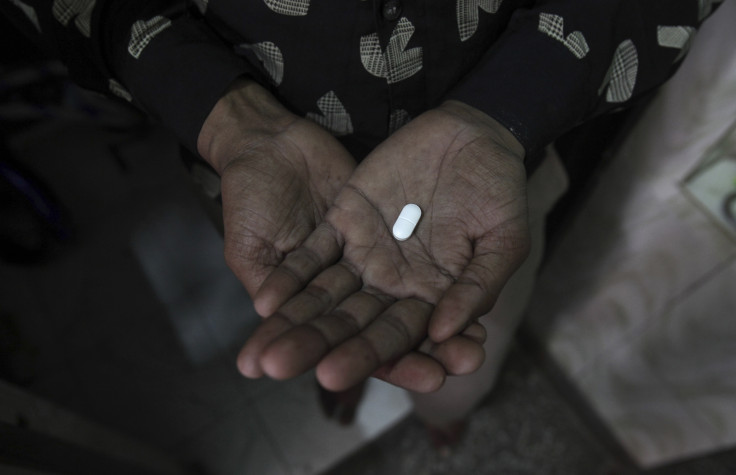HIV-positive children with no disease progression may be key to unlock new treatments
Future treatment research could be based on the immune system of children that resist HIV infections.

A small group of HIV-infected children who appear to resist disease progression could offer clues to come up with new treatments that would benefit adults and children alike, scientists have found. The Oxford University-led team investigated the biological mechanisms that help these young patients fight off the disease and live a normal childhood.
Most children infected with HIV die in their first few years. However, in a minority - between 5 and 10% - the disease does not progress. These kids are known as 'paediatric non-progressors' (PNPs) and they can go on with their lives sometimes without realising that they are carrying the virus.
Like these children, an even smaller proportion of adults - 0.3% - seem to control the virus thanks to a strong immune response and do not go on to develop AIDS. They are known as "elite controllers".
Scientists have spent a lot of time studying them, to identify the biological mechanisms responsible for their incredible resistance. They thought they would then be able to use this knowledge to find new treatments or vaccines.
But this approach has so far not been successful. "We have investigated if the immune response of elite controllers could be an inspiration to create an effective vaccine against HIV, but this has not worked, maybe because it is not possible to copy this immune response in people who do not have the appropriate genetic makeup", lead author of the study, Philip Goulder, told IBTimes UK.
The authors of the study, published in Science Translational Medicine, decided to try another approach and to focus on paediatric non-progressors. The idea was to find out how the children's immune system responded to the HIV infection and whether it helped them develop new treatments.
Similar to monkeys
The researchers studied 170 paediatric non-progressors and discovered that their immune system fought the HIV infection in ways similar to those that have evolved in monkeys naturally infected with simian immunodeficiency virus (SIV) - the monkey equivalent of HIV.
Like the 40 species of monkey that carry SIV, these children had high concentrations of the virus in their blood, but no increased immune activity was observed. They showed no signs of the disease progressing and affecting them. While it may seem counter-intuitive to some, the scientists explain that the absence of disease in these patients is linked to them avoiding mounting a strong immune response against HIV.
This suggests infection does not necessarily mean disease progression. "One of our most important findings is that the progression of the disease after an HIV infection is not simply this infection but also the way the immune system reacts to the virus. After being activated following an infection, the immune system never quite returns to normal, even after successful treatment with ART", Goulder says.
Further studies will now be required to understand why low immune response in PNPs mean they are better equipped to resist the spread of the disease and also how best these findings could be translated into research for treatment.
"Further research is needed to establish the exact mechanism in children. That will give us more information about how HIV disease develops and may give us treatment approaches in addition to ART that block the pathway between HIV infection and HIV disease", said Goulder.
© Copyright IBTimes 2025. All rights reserved.






















